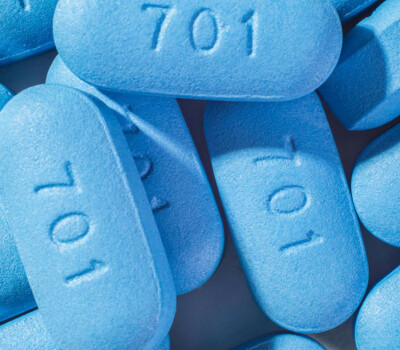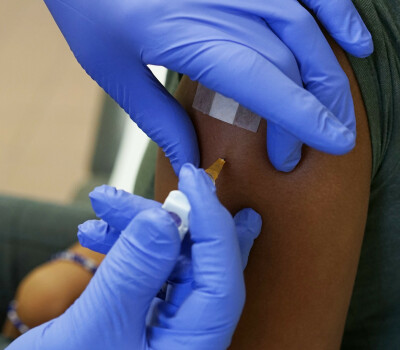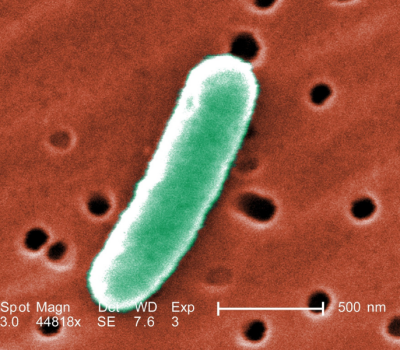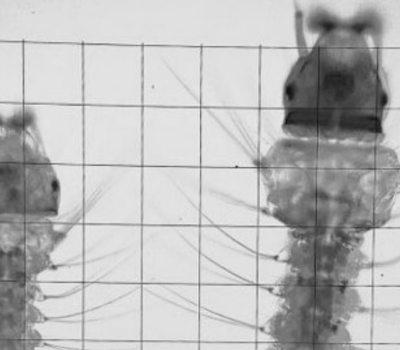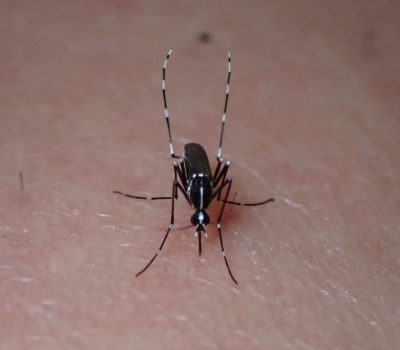Life-saving diagnostics not always reliable under tropical conditions
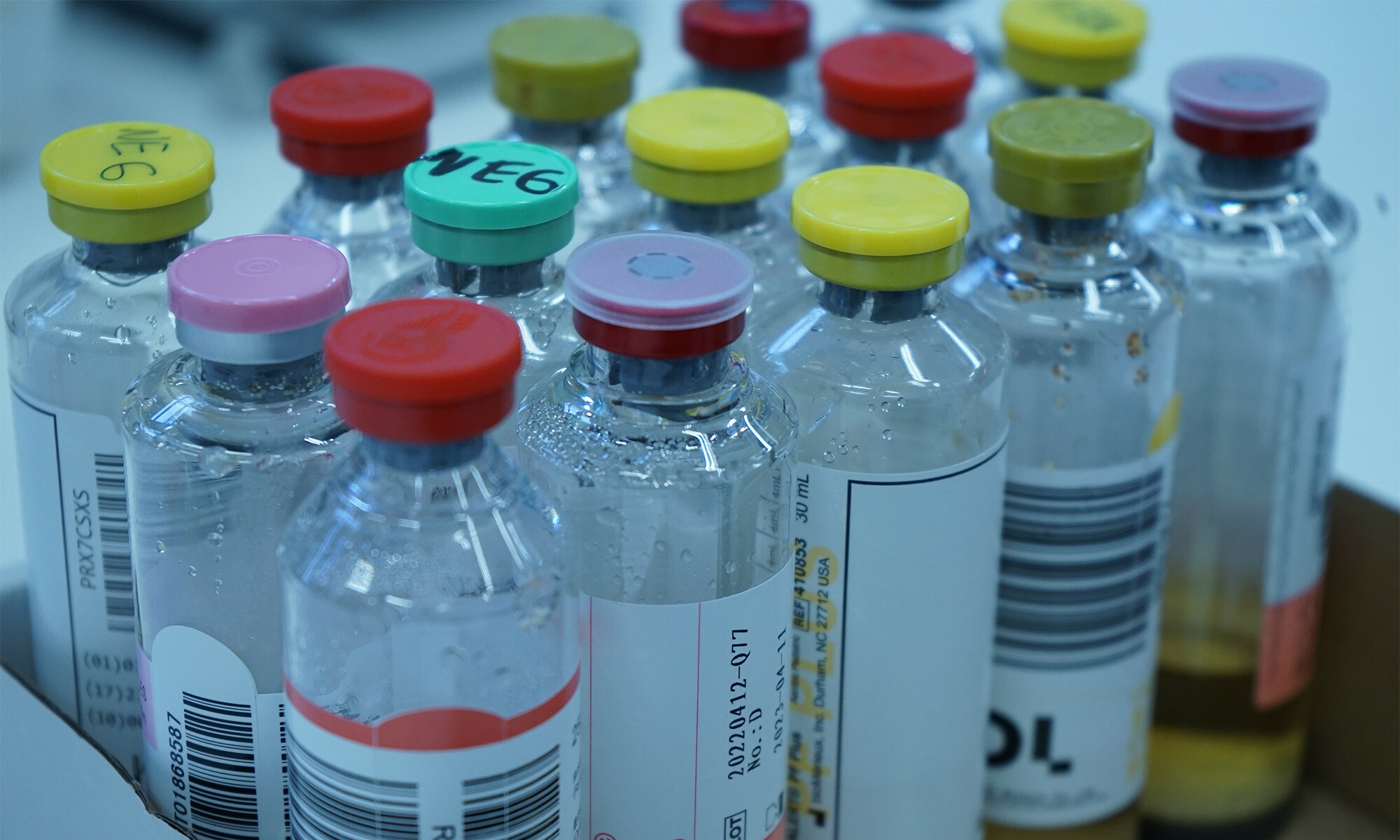
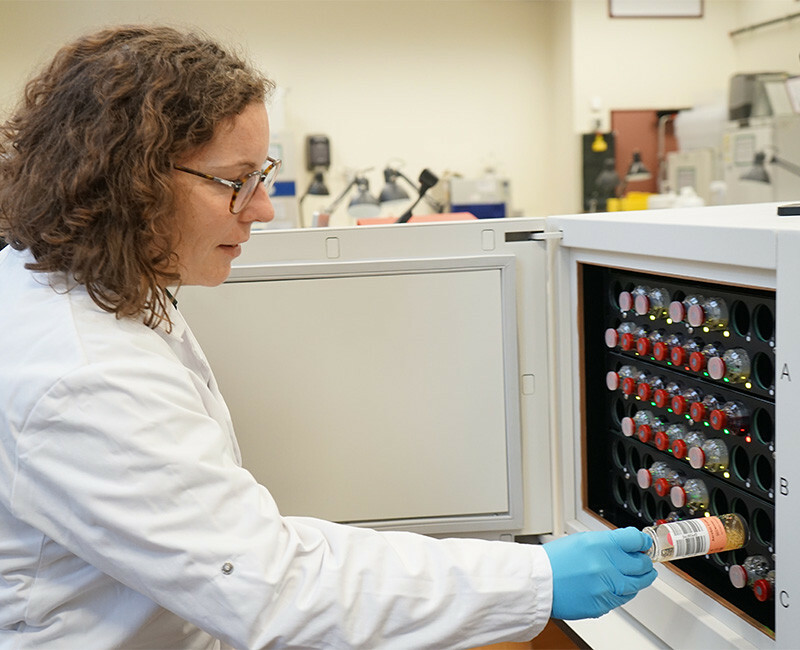
ITM researchers discovered that some blood culture bottles fail prematurely under tropical conditions, while others remain effective for longer than indicated. This has significant implications for diagnoses and treatment in LMICs, where laboratories often face extreme temperatures and high humidity. The study calls for manufacturers to conduct more rigorous testing and implement realistic expiry dates. Such improvements would not only enhance access to life-saving diagnostics but also help reduce medical waste.
The study tested five brands of blood culture bottles in tropical conditions, simulating 45°C and 90% humidity. The results were striking: some brands performed exceptionally well, while others failed even before their stated expiry date. By contrast, many bottles lasted longer than labelled when stored at room temperature.
"Our research shows that manufacturers need to test their products under a variety of conditions so that they can be used effectively worldwide," says Liselotte Hardy, professor Tropical Bacteriology at ITM and head researcher of the study.
Impact on healthcare in tropical regions
The study shows that simple changes, such as more accurate shelf-life labelling and enhanced durability, can make a profound difference. For hospitals and laboratories in LMICs, these improvements mean extended usability of blood culture bottles, reduced waste, and increased access to reliable diagnostics.
"Diagnostics are not just about the tests themselves, but also the conditions in which those tests are performed," says Hardy. "A heat-resistant and durable blood culture bottle may seem like a small step, but in countries with limited resources it can be life-saving. By adapting products to tropical conditions, millions of people worldwide can be better served."
The study was funded by FIND.
Read the article
Blood culture bottles remain efficient months after their expiration date: implications for low- and middle-income countries, Hardy, Liselotte et al., Clinical Microbiology and Infection, Volume 30, Issue 10, 1327 - 1328
Spread the word! Share this story on

